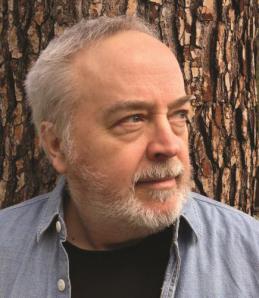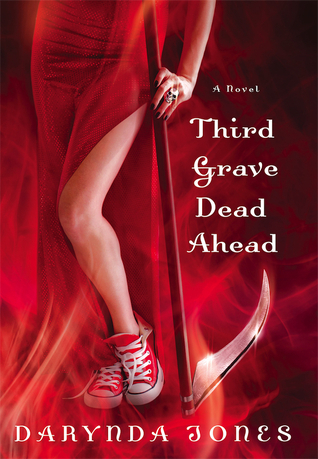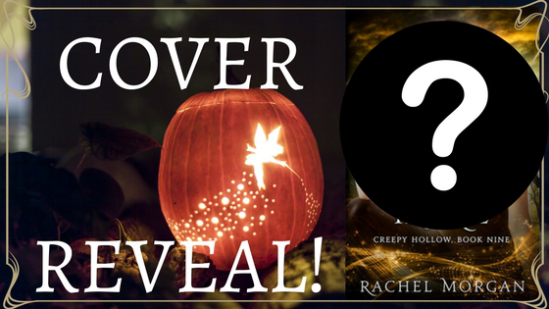This book belongs in the home of every writer.
Whether you’re a fledgling or a critically acclaimed novelist, you will find yourself returning again and again to its irresistible lines of advice, of caution, and of motivation.

Image: sourced
Renowned writer and teacher Verlyn Klinkenborg shares his thoughts on writing in just the way the title describes: short sentences. There are no chapters or headings; the book reads like poetry, but it flows with insight and wisdom in its progression. In the prologue, Klinkenborg suggests that readers interpret the words as they see fit: “There are no rules, only experiments.” Writers are to do just that – experiment, analyse, play around with their work.
This is not a book instructing writers how to write. Klinkenborg explores the origins of people’s words and ideas. He seeks out the source of genre, style, and rhythm, and why and how these facets of writing can establish powerful writing, or sometimes, writing worth forgetting. Klinkenborg’s humour shines most evidently in his criticisms, and though one may not always agree with him, some of his points are so cleverly woven that they are impossible to overlook.
A cliché is dead matter.
It causes gangrene in the prose around it, and sooner or later it eats your brain.
You can’t fix a cliché by using it ironically.
You can’t make it less gangrenous by appearing to “ignore” it or invert it or joke about it.
A cliché isn’t just a familiar, overused saying.
It’s the debris of someone else’s thinking.,
Any group of words that seem to cluster together “naturally”
And enlist in your sentence.
The only thing to do with a cliché is send it to the sports page.
Or the speechwriters, where it will live forever.
If you don’t intend on reading through this chronologically, by all means, don’t. During a bout of writer’s block, I picked this book up and flicked to a page at random, and I received advice I didn’t know I’d needed.
The book features excerpts from various writers that Klinkenborg deems worthwhile. He also includes bits of prose from several former students, reflecting on their errors and suggesting novice ways of speaking through words. Yet the book is constantly aware that it is not an ending point; however profound Klinkenborg’s thoughts may be, they are not the conclusion to anyone’s learning of the craft.
The way to keep going?
Never stop reading.
I have never come across a book on writing such as this. Several short sentences about writing is a timeless work that guides writers as they take on the wonderful and terrifying task of writing what’s worth reading.
[Header image: Guinevere Shapiro]
Advertisements Share this:




